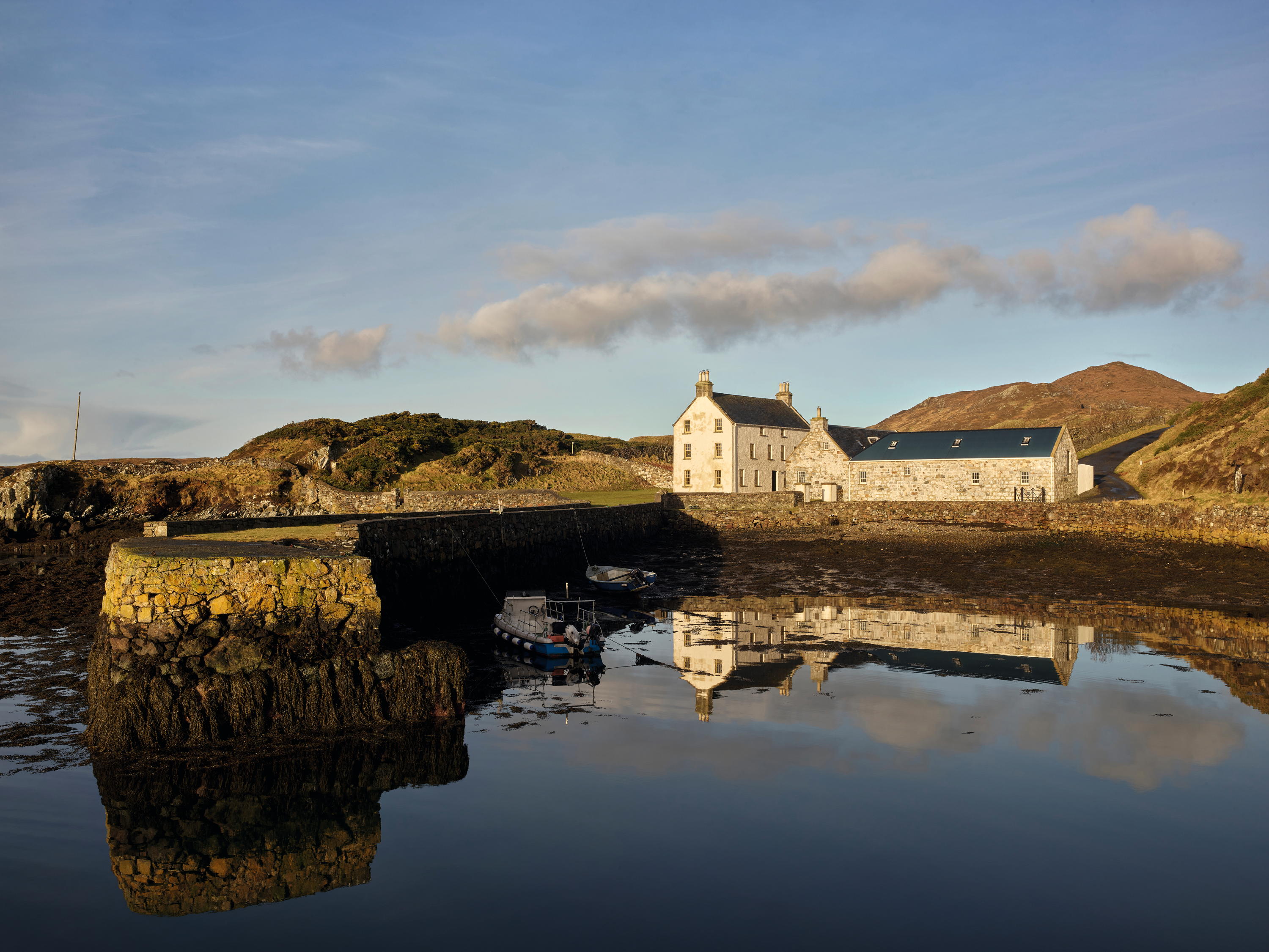Carla Carlisle on plebs
It’s such a shame Andrew Mitchell couldn’t have saved David Cameron from defending another personnel decision, says Carla


Nick Hornby's novel About a Boy opens with Will Freeman, rich, child-free and aimless, filling out a magazine questionnaire in search of the ‘cool' profile of its readers. Will is pretty cool. In the past three months, he's slept with a woman he didn't know very well (five points). He's spent more that £300 on a jacket (five points). He's eaten in a restaurant that serves polenta and shaved Parmesan (five points).
Ten years have passed since the novel was written, a decade in which the price of cool has doubled. An unstructured (‘the loose end of the tailoring spectrum') wool and cashmere jacket by Paul Smith on www.mrporter.com costs £660. Polenta with shaved Parmesan has been replaced by Rowley Leigh's Parmesan custard with anchovy ‘soldiers', followed by venison cooked sous-vide. Cool, like Time, moves on, and what's in today is out tomorrow.
But if all ‘cool' is superficial, there is one measure of coolness that runs deep: behaviour. Even if you went to Rugby and Cam-bridge, were president of the Union and regularly have lunch at The Cinnamon Club, if you behave like an arrogant, self-important idiot, you drop on the cool scale.
Unfortunately, the curious incident of the Chief Whip on a bicycle at night (now known as Gategate) has been played out against the tired old background of class. Although the Rt Hon Andrew Mitchell denies ever using the word ‘pleb', much has been made of the accusation that the irate cyclist muttered the abbreviation for ‘plebeians' as a form of insult.
The word derives from the Latin plebs and signifies the non-aristocratic class of shopkeepers and farmers, members of society who could become rich and influential, but never quite patrician. The modern usage has travelled down a predictable fork in the road. In America, it's a term used for first-year students, mainly at the military academies. In Britain, it is used as a derogatory term for someone lacking in culture or sophistication. In fact, I have never in my English life heard it used.
What is disturbing about Mr Mitchell and Gategate is not the use of a word that is so distinctly uncool, but that he blew his cool so utterly, was crass and obnoxi-ous to people who earn a great deal less than he does, demanding a privilege-the opening of the main gate-that was not in their gift to provide. He used the kind of language that was neither sophisticated nor cultured. And this is the man whose job is to persuade and cajole his colleagues to support the Prime Minister and tow the party line. Lord have mercy upon the Prime Minister.
There was a brief moment when Mr Mitchell could have scored highly on the ‘cool' register. He could have promptly resigned. Instead of embarrassing a Prime Minister whose record of defending beleagured friends-Andy Coulson-has left him vulnerable, the Chief Whip could have simply said: ‘I blew my cool. I insulted men who were also working late in the night. I demanded special treatment and acted like an ass when it was denied. The Prime Minister deserves better.' I reckon such a bold and generous move would have got him 10 points.
Sign up for the Country Life Newsletter
Exquisite houses, the beauty of Nature, and how to get the most from your life, straight to your inbox.
Meanwhile, seeing as how both Mr Coulson and Mr Mitchell were both strongly recommended to the Prime Minister by George Osborne, I think it might be cool to remove the Chancellor from personnel decisions.
When it comes to distinguishing between plebeians and patrician, between intelligence and stupidity, arrogance and humility, it's important to steer clear of the mangy foliage and dead limbs of class. Whether the Chief Whip used the P-word or not, this is not an instance of belligerent class warfare, a vaudeville act of privilege, elitism and smugness based on background. It's a case of manners, plain and simple. As my grandmother, a patrician plebeian, never stopped reminding us, ‘manners are more important than brains'.
Country Life is unlike any other magazine: the only glossy weekly on the newsstand and the only magazine that has been guest-edited by HRH The King not once, but twice. It is a celebration of modern rural life and all its diverse joys and pleasures — that was first published in Queen Victoria's Diamond Jubilee year. Our eclectic mixture of witty and informative content — from the most up-to-date property news and commentary and a coveted glimpse inside some of the UK's best houses and gardens, to gardening, the arts and interior design, written by experts in their field — still cannot be found in print or online, anywhere else.
-
 Rodel House: The Georgian marvel in the heart of the Outer Hebrides
Rodel House: The Georgian marvel in the heart of the Outer HebridesAn improving landlord in the Outer Hebrides created a remote Georgian house that has just undergone a stylish, but unpretentious remodelling, as Mary Miers reports. Photographs by Paul Highnam for Country Life.
By Mary Miers
-
 380 acres and 90 bedrooms on the £25m private island being sold by one of Britain's top music producers
380 acres and 90 bedrooms on the £25m private island being sold by one of Britain's top music producersStormzy, Rihanna and the Rolling Stones are just a part of the story at Osea Island, a dot on the map in the seas off Essex.
By Lotte Brundle